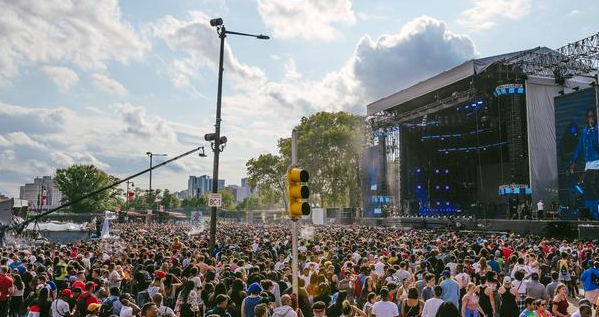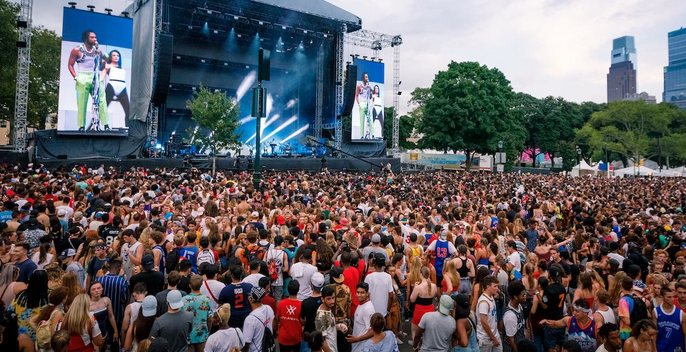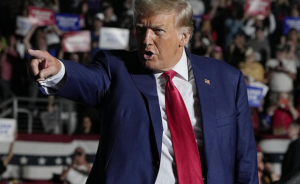The vibrant and pulsating cultural impact of music festivals in the United States extends far beyond the stages where artists perform. These dynamic events have become a cultural phenomenon, fostering a sense of unity, self-expression, and community among diverse attendees.

Uniting Communities Through Music Festivals
Music festivals act as powerful magnets, drawing music enthusiasts from all walks of life. Attendees, driven by a shared passion for music, find themselves immersed in an atmosphere that transcends societal boundaries. Through the universal language of music, people connect, share experiences, and forge lasting bonds.
Amplifying Cultural Diversity
One of the remarkable aspects of music festivals is their ability to amplify cultural diversity. With genres spanning from rock and pop to hip-hop, electronic, and folk, these festivals showcase a kaleidoscope of musical genres, reflecting the rich tapestry of American culture.
Fostering Artistic Expression
Music festivals serve as a canvas for artistic expression, not only for the performers but also for attendees. Attendees often express themselves through eclectic fashion choices, further contributing to the overall artistic ambience.
Community Engagement and Social Impact
Beyond the music itself, festivals often engage with local communities, leaving a positive social impact. Collaborations with local businesses, support for charitable causes, and initiatives to minimize environmental impact contribute to a sense of shared responsibility. Music festivals, therefore, become not just entertainment spectacles but agents of positive change in the communities they touch.
The Evolution of Festival Culture
The cultural impact of music festivals has evolved over the years, mirroring the societal shifts around them. Initially rooted in counterculture movements, modern festivals have embraced a broader spectrum of genres and styles. This evolution reflects changing attitudes towards music, diversity, and the role of festivals as influential cultural events.
Technology and the Festival Experience
In the digital age, technology has played a significant role in enhancing the festival experience. Social media platforms allow attendees to share their experiences instantly, creating a global community of festival-goers. Live streaming brings performances to those unable to attend physically, democratizing access to the cultural richness of these events.
Challenges and Controversies
Despite their positive impact, festivals in the US are not without challenges and controversies. Issues related to crowd control, substance abuse, and the commercialization of festivals have sparked debates about their cultural authenticity. Striking a balance between providing a safe, inclusive space and meeting the commercial demands of large-scale events remains an ongoing challenge.
Wellness and Mindfulness Integration
Many modern festivals are incorporating wellness and mindfulness activities into their programming. Yoga sessions, meditation spaces, and wellness workshops offer festival-goers a holistic experience, focusing not only on the excitement of live music but also on personal well-being. This reflects a growing cultural shift towards a more mindful and health-conscious lifestyle.
Impact on Local Economies
The hosting of large-scale music festivals has a considerable economic impact on local communities. From increased tourism and accommodation bookings to job creation and opportunities for local businesses, the financial ripple effect is significant. Festivals can revitalize local economies and contribute to the development of surrounding areas.
Evolution of Festival Fashion
The fashion trends associated with festivals have become a cultural phenomenon of their own. The impact goes beyond the festival grounds, influencing mainstream fashion and reflecting the broader cultural shift towards individuality and self-expression.
Conclusion
In conclusion, the cultural impact of music festivals in the US is a multifaceted phenomenon. Beyond the surface-level enjoyment of music, these events contribute significantly to the cultural fabric of American society. They serve as platforms for unity, artistic expression, and community engagement. As festivals continue to evolve, their cultural significance is likely to grow, leaving an indelible mark on the nation’s cultural landscape.











